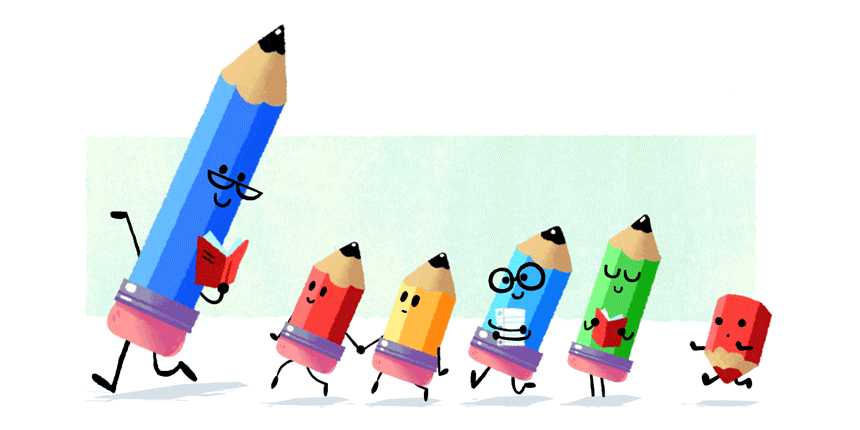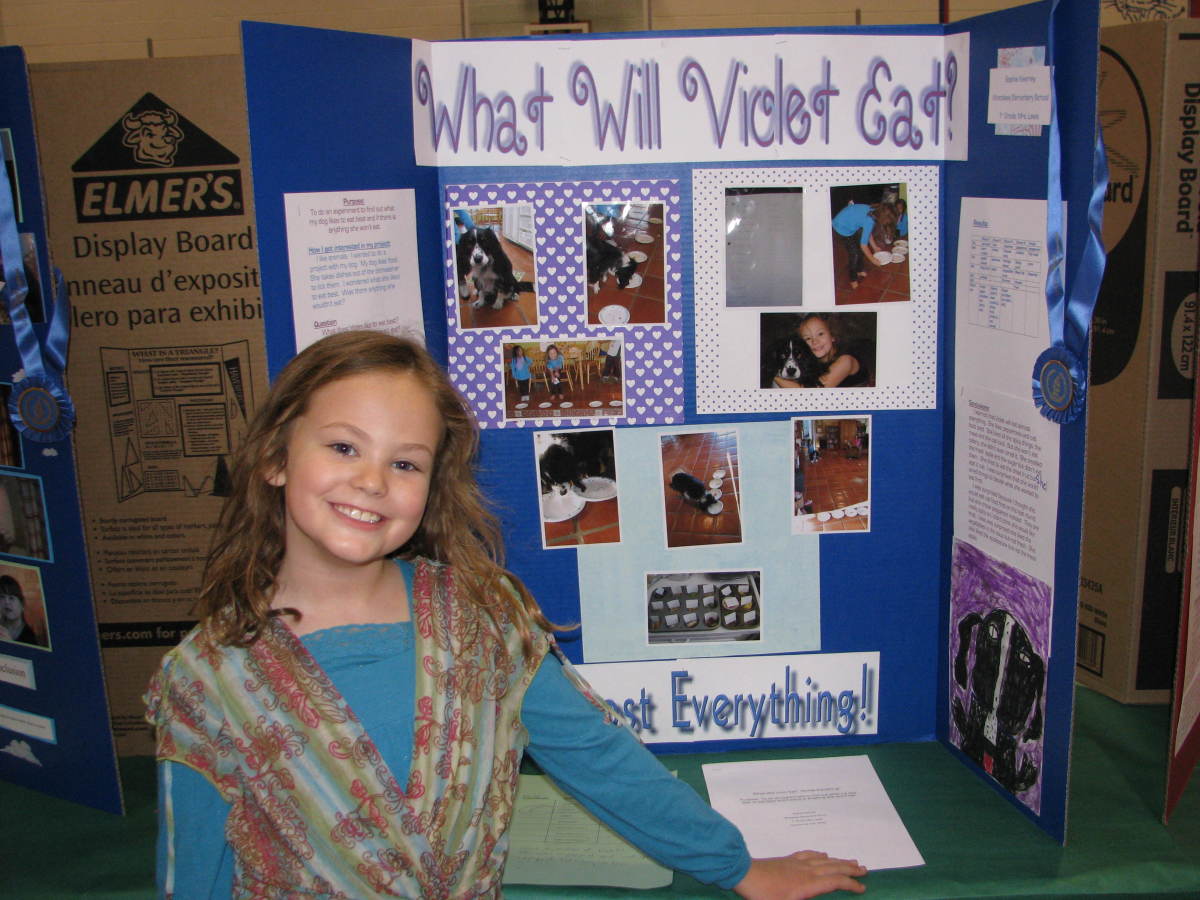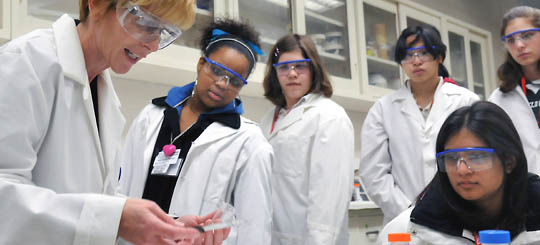"You have to go wholeheartedly into anything in order to achieve anything worth having."
The end of the semester came in a flash! I cannot believe that I am finished with my last semester of classes as an undergrad! This is definitely a bittersweet feeling. I am extremely excited to be student teaching next semester. For my first placement I am in a second grade general education class. For my second placement I am in a fifth grade co-taught special education class. Thanks to Dr. Smirnova I have so many resources that I can use when creating my lessons and unit plans. Furthermore, when
I am completing my edTPA next semester I will have so much practice!
This semester was definitely hard work! Sitting in class the first day I never thought I would be sitting here writing my final blog post! I have acquired so many skills and expanded my knowledge and experience! The thought of all the work we had to do made many of us crazy. But, now that it is over,
I am sure we all see the benefit it had on all of us. We have learned so much this semester. As well as learning new material, tools, philosophies etc. I have also learned a whole lot about myself as well. I have learned what certain teaching styles work for me.
Overall, I am very happy for everything I have learned in this class. This class has made me so excited for my future when I have my own classroom! There was also no better feeling than completing my eFolio! My eFolio has everything that has been completed over the semester. Follow this link to take a look!!
Here are the links to some of my peers blog's that I have commented on:
























